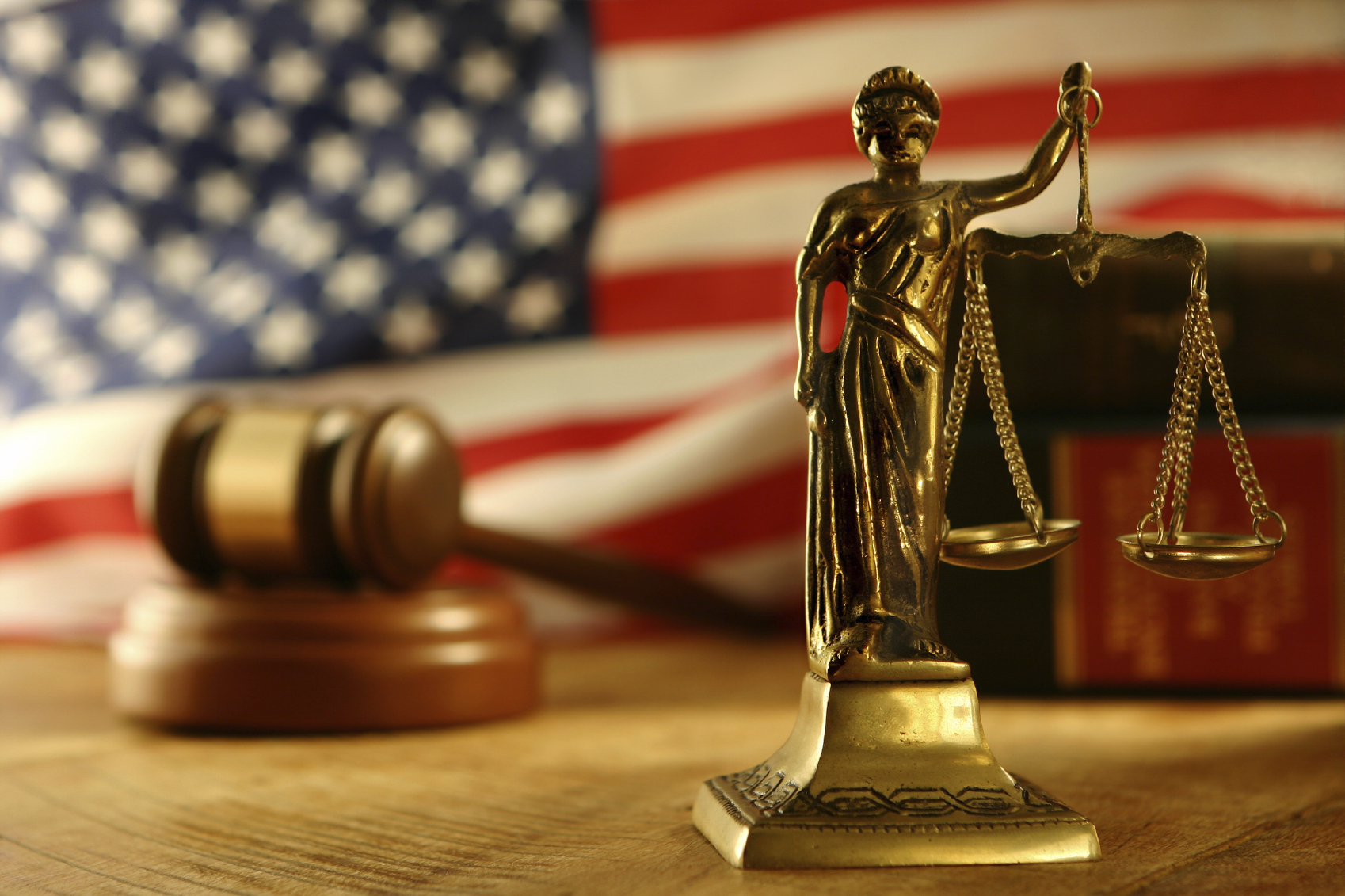
The 8th Amendment was ratified on December 15, 1791, along with the rest of the Bill of Rights. This date is significant as it marks the inclusion of crucial protections for individuals in the newly formed United States. The Bill of Rights, including the 8th Amendment, was added to the Constitution to address concerns about protecting citizens’ rights from potential government overreach and abuse of power.
The 8th Amendment is one of the ten amendments that make up the Bill of Rights. This collection of amendments reflects the Founding Fathers’ commitment to safeguarding individual liberties and ensuring that the federal government would not engage in oppressive or unjust practices. The inclusion of the 8th Amendment underscores the importance of fair and just treatment in the legal system.
The 8th Amendment’s succinct language emphasizes the prohibition of excessive bail, fines, and cruel and unusual punishments. Its brevity allows for flexibility in interpretation while providing a clear mandate against potential abuses of power within the criminal justice system.
The language and principles of the 8th Amendment were influenced by English legal traditions and the experiences of American colonists with British authorities. The Founding Fathers drew upon historical grievances against the British crown to frame the 8th Amendment, which was intended to prevent similar abuses in the new American republic.
Prohibiting excessive bail ensures that individuals, regardless of their circumstances, have a fair chance to secure their release from pretrial detention. This provision safeguards the principle of presumption of innocence until proven guilty and prevents undue financial hardship on accused individuals.
The prohibition against excessive fines aims to prevent the government from imposing monetary penalties that are disproportionately punitive. This protection ensures that fines are reasonable and not used as a means of extracting excessive revenue or punishing individuals beyond what is just.
The 8th Amendment’s ban on cruel and unusual punishment is a cornerstone of American jurisprudence. However, the amendment does not provide a specific definition of what constitutes “cruel and unusual.” Instead, it relies on evolving standards of decency and the judiciary to determine whether a particular punishment crosses the threshold of acceptability.
Over the centuries, the U.S. Supreme Court has played a central role in interpreting the 8th Amendment. Landmark cases, such as Furman v. Georgia and Gregg v. Georgia, have clarified the parameters of cruel and unusual punishment, particularly in the context of the death penalty.
The concept of “evolving standards of decency” underscores the adaptability of the 8th Amendment. This principle recognizes that societal norms change over time, and what may have been considered acceptable punishment in the past may no longer meet contemporary standards.
The 8th Amendment has been invoked in many famous cases. For instance, Roper v. Simmons established that executing juveniles is unconstitutional, reflecting evolving standards of decency, while cases like Solem v. Helm addressed the proportionality of sentences, illustrating the ongoing relevance of the amendment in challenging excessive punishments.
The 8th Amendment has been a focal point in debates over the use of the death penalty in the United States. It is a topic of immense significance due to the potential for the ultimate punishment, making it a frequent subject of legal challenges and public discourse. The Supreme Court has ruled that while the death penalty itself is not inherently cruel and unusual, its application must adhere to strict guidelines to prevent arbitrary or discriminatory use.
The Supreme Court’s decision in Gregg v. Georgia (1976) upheld the constitutionality of revised death penalty laws, leading to the resumption of executions in the United States. This decision provided states with a framework for the administration of the death penalty, outlining specific procedures and criteria to ensure that it was not applied arbitrarily.
The 8th Amendment played a pivotal role in the landmark case Roper v. Simmons (2005), where the Supreme Court ruled that it is unconstitutional to execute individuals who were under 18 years old at the time of their crimes. This decision highlighted the evolving standards of decency and recognized that juveniles should not face the ultimate punishment.
The 8th Amendment also came into play in cases involving life sentences without the possibility of parole for juveniles convicted of non-homicide offenses. The Supreme Court, in Graham v. Florida (2010) and Miller v. Alabama (2012), ruled that such sentences were unconstitutional for juvenile offenders, emphasizing the need for proportionality in sentencing.
Challenges to the constitutionality of “three-strikes” laws have invoked the 8th Amendment. These laws, which impose lengthy prison sentences for individuals convicted of multiple felonies, have faced scrutiny regarding whether they violate the prohibition against cruel and unusual punishment.
The use of long-term solitary confinement in prisons has been a subject of 8th Amendment litigation. Critics argue that extended periods of isolation can cause severe psychological harm, raising concerns about whether such practices constitute cruel and unusual punishment.
Organizations like the “Eighth Amendment Center” have emerged to advocate for the rights of prisoners and challenge practices that they view as cruel and unusual. These organizations play a crucial role in monitoring and addressing potential violations of the 8th Amendment.
Recent discussions surrounding criminal justice reform have included debates on bail reform and whether certain bail practices comply with the 8th Amendment. The aim is to ensure that bail is set at levels that are fair and do not discriminate against individuals based on their financial means.
The 8th Amendment is invoked in cases where the punishment is seen as grossly disproportionate to the crime committed. This principle underscores the importance of ensuring that penalties align with the severity of the offense and do not result in excessive or overly harsh punishments.
Challenges to civil asset forfeiture practices have raised 8th Amendment concerns, particularly when it is alleged that property is seized without due process. The amendment serves as a safeguard against the wrongful seizure of assets as part of law enforcement actions.
The 8th Amendment often intersects with other constitutional rights, such as the 4th Amendment (protection against unreasonable searches and seizures) and the 6th Amendment (right to a fair trial), particularly in cases involving issues of bail, fines, and punishments. This intersection highlights the interconnectedness of constitutional protections and underscores the need to balance various rights in the criminal justice system.
Critics of the U.S. criminal justice system often point to international standards and argue that certain practices, such as lengthy sentences and the use of the death penalty, violate the 8th Amendment. This perspective highlights the global context in which the 8th Amendment is situated and emphasizes the importance of adhering to international human rights norms.
The 8th Amendment remains a subject of ongoing debate and legal challenges. As societal attitudes toward punishment and incarceration evolve, questions about what constitutes cruel and unusual punishment continue to be at the forefront of legal and policy discussions. These debates shape the development of the law and influence legislative and judicial decisions.
Some argue that the death penalty should be abolished entirely on 8th Amendment grounds, citing concerns about the risk of executing innocent individuals and the potential for cruel and unusual suffering during executions. This perspective reflects a broader societal debate about the moral and ethical implications of state-sanctioned executions.
The 8th Amendment’s endurance and continued relevance highlight its enduring importance in American constitutional jurisprudence. Despite evolving societal norms and legal challenges, the principles enshrined in the 8th Amendment continue to guide the interpretation of the Constitution and the protection of individuals’ rights within the criminal justice system.









